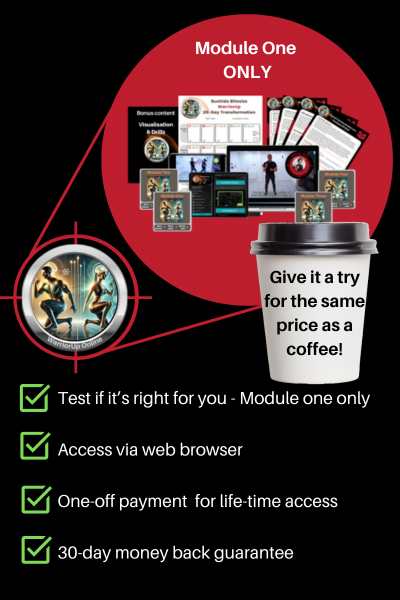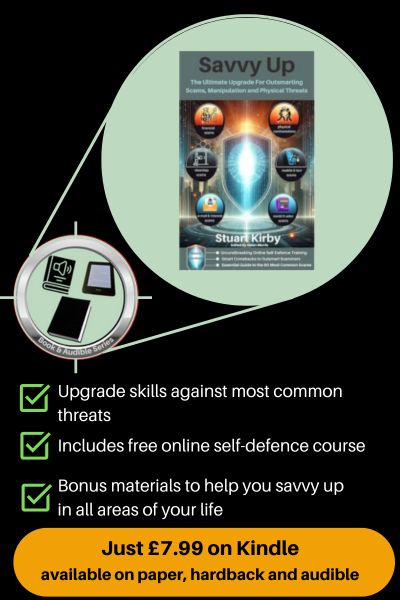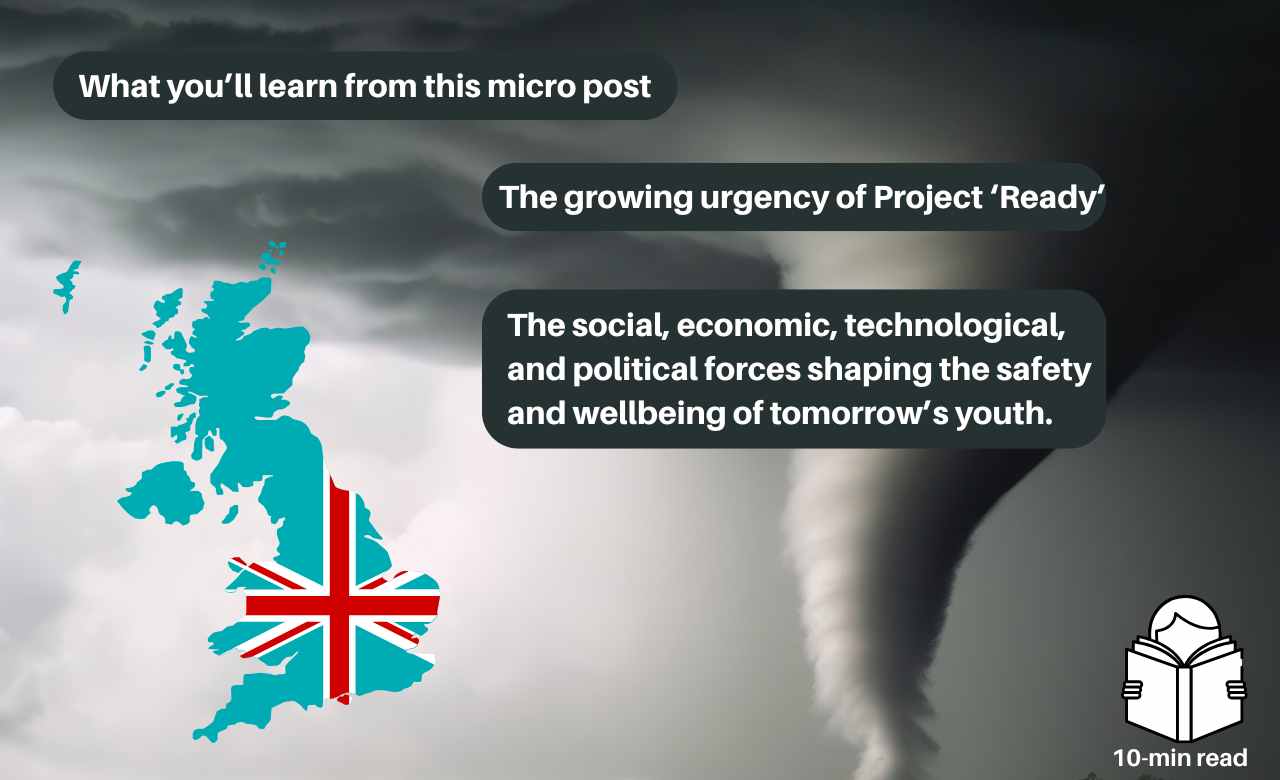
Why Project ‘Ready’ matters now more than ever
I promised myself I’d never use fear to promote our mission — because fear can paralyse. What we need now is action.
After the horrific murder of Zara Aleena in 2022 — just a couple of miles from where I live — and the equally heartbreaking loss of Sarah Everard, along with countless other attacks on young people since then, splashed across the headlines, I can’t help but ask:
What personal action have we taken?
Our mission at Project Ready is simple: to equip teenagers with instinctive, science-backed self-protection skills that stick — skills that build confidence, awareness, and real-world readiness.
Parents often nod and agree. “Yes, this is needed.”
But agreement isn’t action. And too often, nothing follows. Life is busy. There are other priorities. And it’s deeply uncomfortable to imagine your own child in the same sentence as sexual predators, violent muggers, or acts of mass violence driven by terrorism or mental health. A sad state of affairs — but one we can’t afford to ignore.
Yes, we should absolutely hold governments accountable: for the lack of police presence, the shockingly low conviction rate for rapists, and the early release of violent offenders.
But if we wait only on policy, we risk missing the chance to protect those we love — right now.
As a martial artist of 43 years, I would never claim that one move could have saved those women. But I do know this: simple, instinctive techniques like the Okinawan slap — a palm strike to the carotid artery — can offer a fighting chance.
And I do believe I could have trained the women accosted earlier that same night by the man who went on to kill Zara Aleena. I could have taught them the verbal assertiveness that defuses danger early — and, most importantly, the mindset to act and report. That single act might have brought squad cars into Ilford that night.
Because self-protection isn’t just physical.
It’s psychological. It’s social.
It’s the instinct to say, “This doesn’t feel right” — and do something about it.
That’s why Project Ready exists.
That’s why we launched #MeNow — to shift the culture from reactive to proactive.
From “Why didn’t someone do something?”
To “I was ready when it mattered.”
And right now, that kind of readiness isn’t optional.
It’s urgent.
Here’s why…
Early Release, Early Risk: When Prison Stops Being a Deterrent
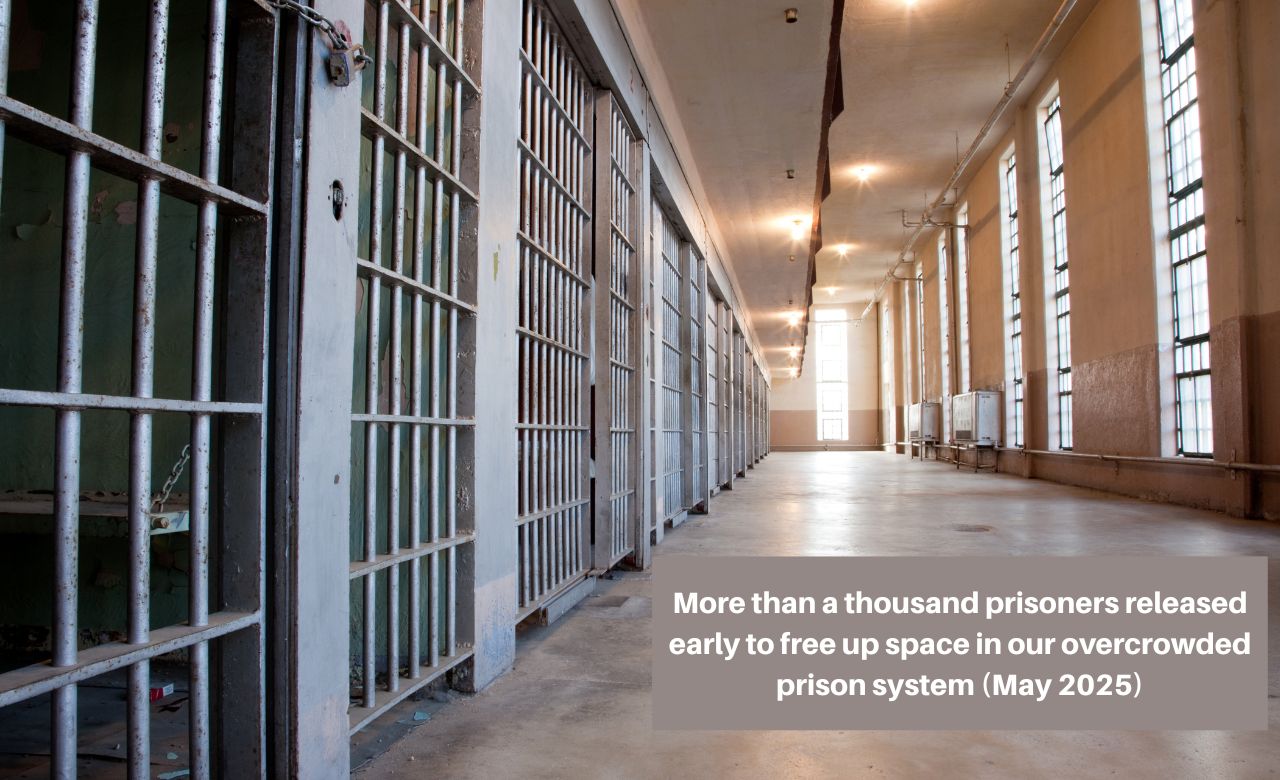
The UK prison system is buckling under pressure, and to manage overcrowding, the government has implemented early release schemes — allowing inmates, including violent offenders, to walk free after serving as little as one-third of their sentence. This isn’t just a logistical compromise — it’s a direct threat to public safety.
When consequences weaken, so does deterrence. And when under-resourced rehabilitation meets early reintegration, the result is often reoffending. Victims are left wondering how known threats are back on the streets so soon, and communities are forced to live with the risk that violent behaviour may repeat — unchecked. This creates an environment where the public, especially women and young people, must rely more on personal readiness than on the justice system to keep them safe.
Crisis Migration: When Broken Systems Meet Broken People

There’s plenty of evidence that migration brings long-term economic and cultural benefits to host countries — the UK, US, and Australia are proof of that. But when Western powers intervene in fragile nations — as they did in Iraq, Libya, and other parts of the Middle East — the ripple effects of destabilisation last for generations. Entire regions have been left fractured by war, corruption, and poor investment. Is it any wonder that good people — parents just like you or me — would risk everything to find safety and opportunity for their families?
If I believed my child might starve or die in a conflict zone, I’d get on a boat too.
But when millions are displaced by violence and desperation, we can’t ignore the realities: among those fleeing danger are also those shaped by it — individuals raised in environments where trauma, fear, and brutality are normalised. While most migrants want nothing more than safety and a fair chance, it’s naive to pretend there are no “bad apples” among the crowds. Some are deeply damaged. A few are dangerous.
The real tragedy is how governments fail both groups: failing to process or integrate genuine asylum seekers who are ready to work and contribute, and failing to assess, rehabilitate, or reject those with no interest in building a peaceful life. Stuck in limbo, many young men sit idle in hotels, their trauma deepening, their frustration growing — when what many need is purpose, structure, and a way to give back to the society they hope to join. Why not let them work on a community or new town construction project? A chance to prove their true intention, and immediately pay for their keep.
Until governments act with clarity and compassion, communities must stay realistic. We cannot afford to be fearful of migration as a whole — but we do need to be ready for the risks posed by those few who arrive already shaped by violence, and unreformed by systems too slow to act.
Mental Health Meltdown: A Nation on the Edge
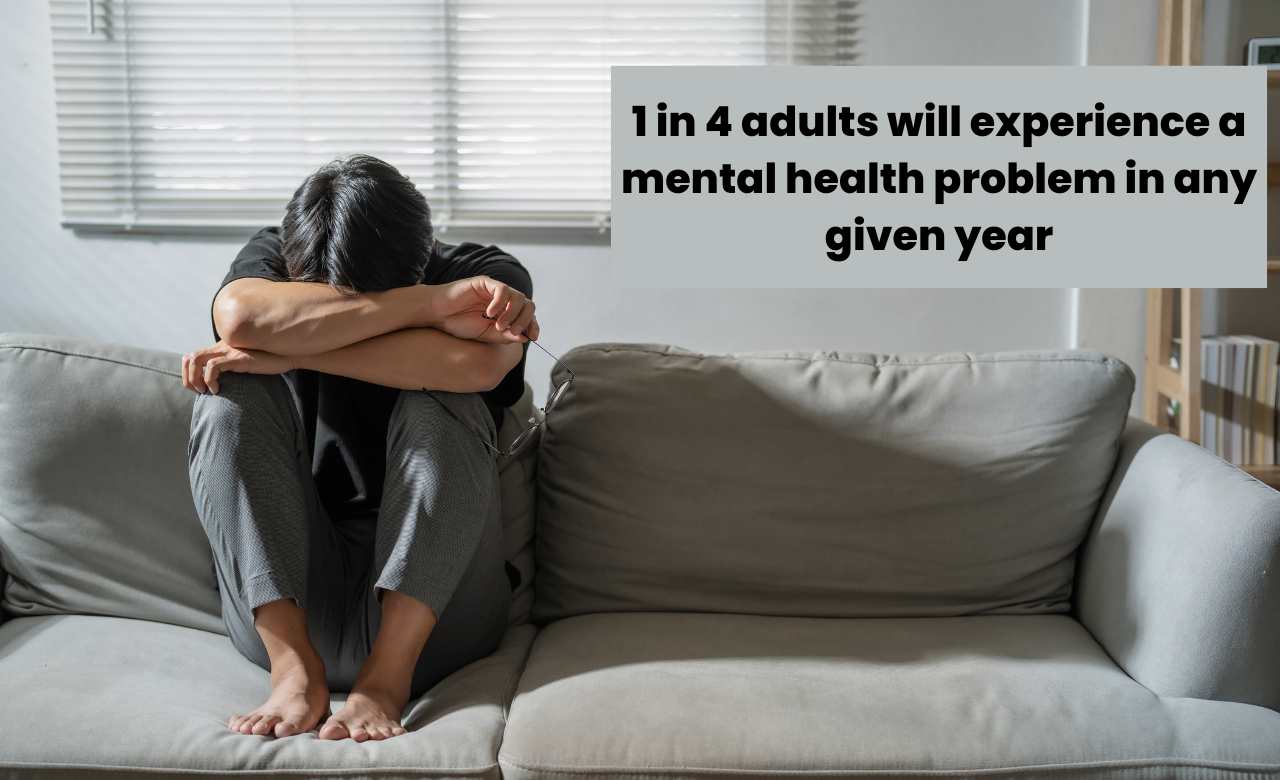
We’re living in an age of mental health crisis — not just across adults, but increasingly among young people. Anxiety, rage, depression, and hopelessness are showing up earlier and more intensely than ever before. Services are overwhelmed. Waiting lists for help are months — sometimes years — long. And many families don’t even realise the extent of their teen’s internal struggle until something explodes.
Netflix’s gripping drama Adolescence brought this reality to life — telling the chilling story of a teenage boy who murdered a classmate after experiencing silent rage and bullying. It’s a reminder that unresolved pain can escalate into unpredictable violence. That behind every “quiet kid” or withdrawn teen, there may be emotional turmoil no one is addressing.
This isn’t about stigmatising mental health. It’s about facing the uncomfortable truth: we’re raising a generation in chaos — and emotional regulation, healthy boundaries, and resilience are no longer just “nice to have.” They’re survival skills. And too often, they’re not being taught.
The Social Media Fallout: Division, Isolation, and the Rise of Digital Extremes
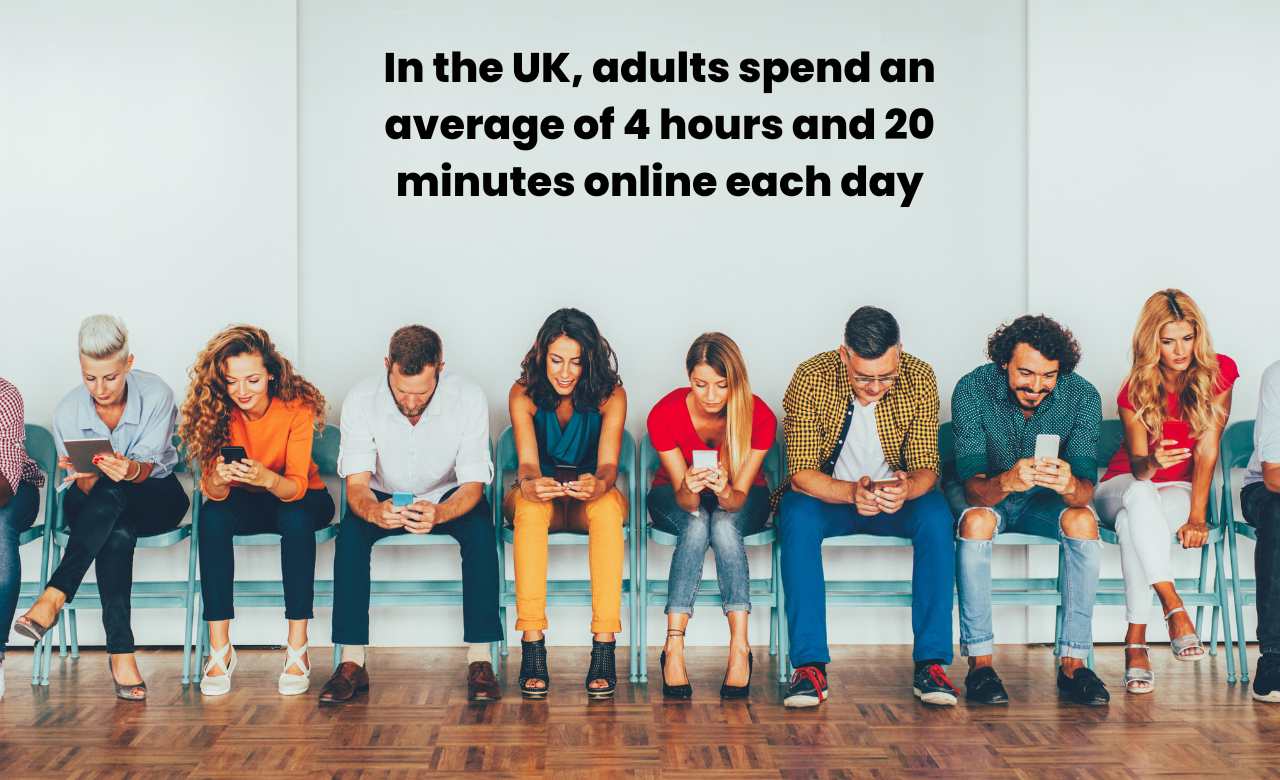
Social media promised connection, but what it’s delivered is polarisation, isolation, and a steady diet of extremes. For teenagers, it’s become a second world — one that constantly compares, provokes, and distorts. Algorithms favour outrage over insight, and echo chambers feed anger, insecurity, and tribalism. The more provocative the content, the more likely it spreads — and that includes content from influencers who glorify violence, misogyny, and dominance as power.
The rise of figures like Andrew Tate isn’t an accident — it’s a reflection of a vacuum in values. Many boys, feeling lost or angry, are gravitating toward voices that offer certainty, even if it comes wrapped in toxicity. Meanwhile, girls are under relentless pressure to perform, perfect, and please — often at the expense of their own safety and self-worth.
What’s missing is balance. Mentorship. Real-world context. And a way to build offline strength — in confidence, communication, and boundary-setting — before an algorithm teaches them otherwise.
The Desperation Gap: When Inequality Breeds Resentment
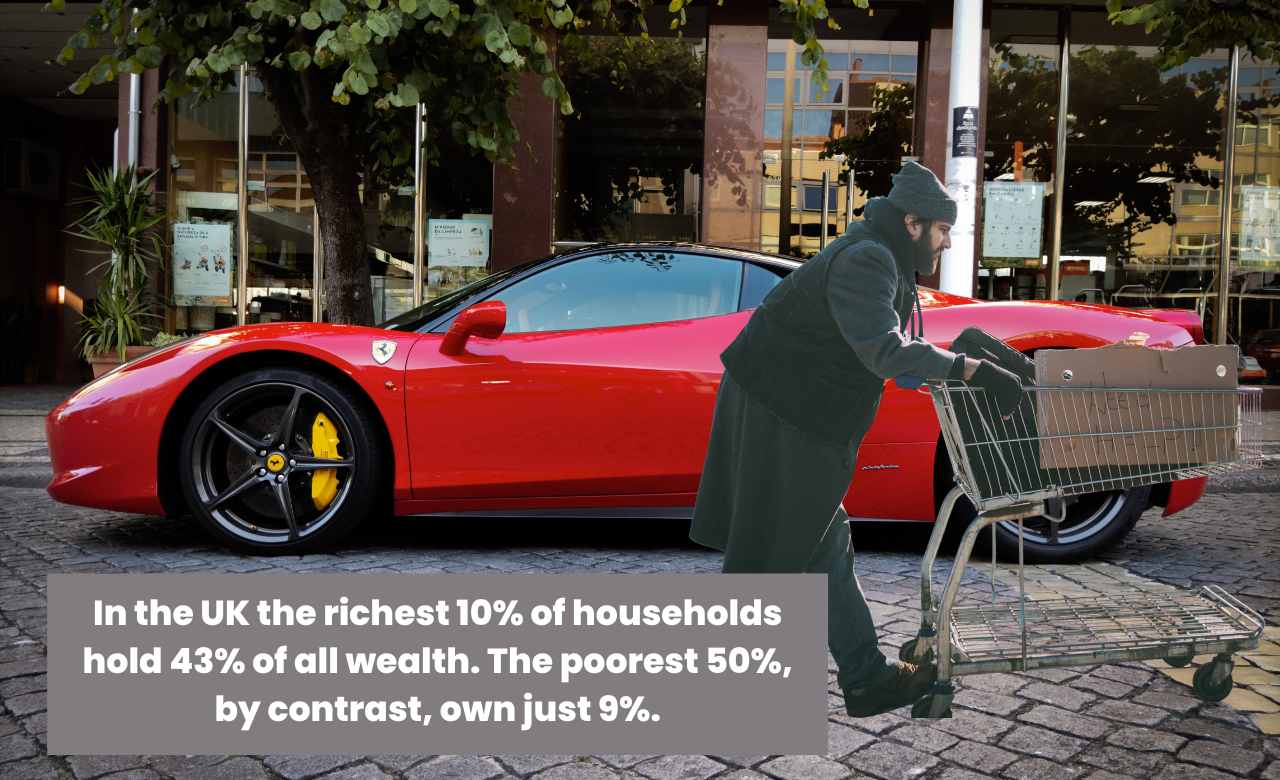
The gap between rich and poor isn’t just widening — it’s becoming impossible to ignore. Social media has put luxury lifestyles on every screen, while food banks and zero-hour contracts have become part of everyday life for millions. For young people growing up in this environment, the sense of injustice is real — and dangerous.
When you constantly see what others have, but feel like you have no way to get it, resentment builds. And when hope disappears, desperation follows. That’s when teenagers become vulnerable to grooming, exploitation, gang culture, or violent thinking. They’re not inherently bad — they’re looking for status, identity, and control in a system that often denies them all three.
Until we bridge this gap with opportunity, education, and emotional strength, we have to equip young people to resist the pull of resentment — and to channel their frustration into power, not violence.
AI and the Identity Crisis: Losing Jobs, Purpose, and Self-Worth
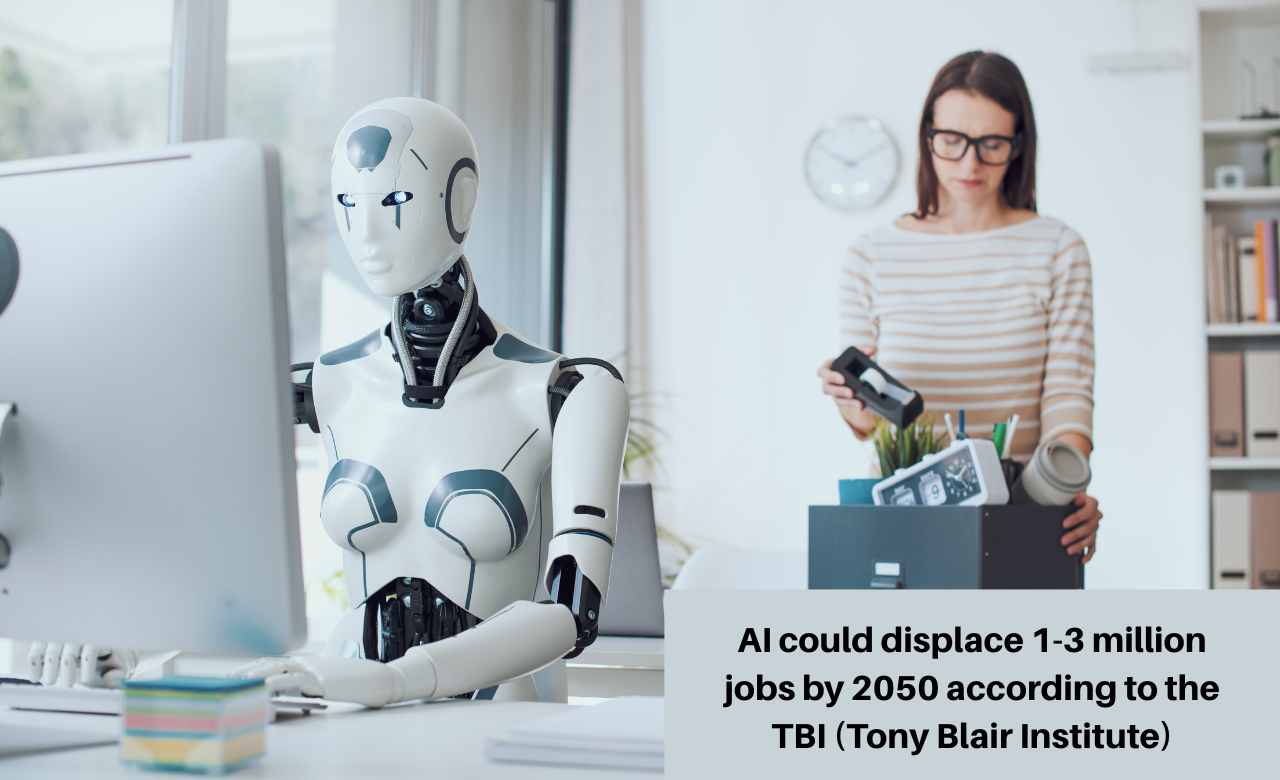
Artificial Intelligence is reshaping the world faster than most people can process — and while it promises efficiency and innovation, it also threatens to displace millions. Many young people are watching their future career dreams being quietly automated, outsourced, or redefined by algorithms. What happens when you’re told to “work hard and get ahead,” only to discover the job you’re working toward might not exist?
For those without access to elite skills or specialist education, AI won’t just take jobs — it will take purpose. It’s likely more people will end up in low-paid, repetitive roles with little room for growth, fueling long-term frustration, resentment, and a sense of invisibility.
This isn’t just about economics — it’s about identity. When you don’t feel needed, when your contributions seem replaceable, your mental health suffers. And the risk of lashing out — at society, at others, or at yourself — increases. That’s why we need to prepare teens now with the inner strength, resilience, and real-world skills that no machine can replicate.
Zero Patience, Max Rage: The Emotional Cost of Convenience Culture

We’ve trained an entire generation to expect everything now. Instant delivery, one-click gratification, endless scrolling. While convenient on the surface, this culture is rewiring our brains — and not for the better.
Patience, resilience, and emotional regulation are muscles. If we never use them, we lose them. The result? A society where minor inconveniences spark major outbursts. Where frustration escalates into aggression. Where more and more people — especially teens — lack the tools to process delay, disappointment, or conflict in healthy ways.
From road rage to school fights to public meltdowns, we’re seeing the fallout of a culture that tells us we’re entitled to everything, instantly. And when that entitlement clashes with real life — with a “no,” a boundary, or a wait — some respond not with perspective, but with rage.
Now more than ever, we must teach young people how to pause, reset, and respond — not react — when things don’t go their way.
The Influence Void: When Morality Is Crowdsourced
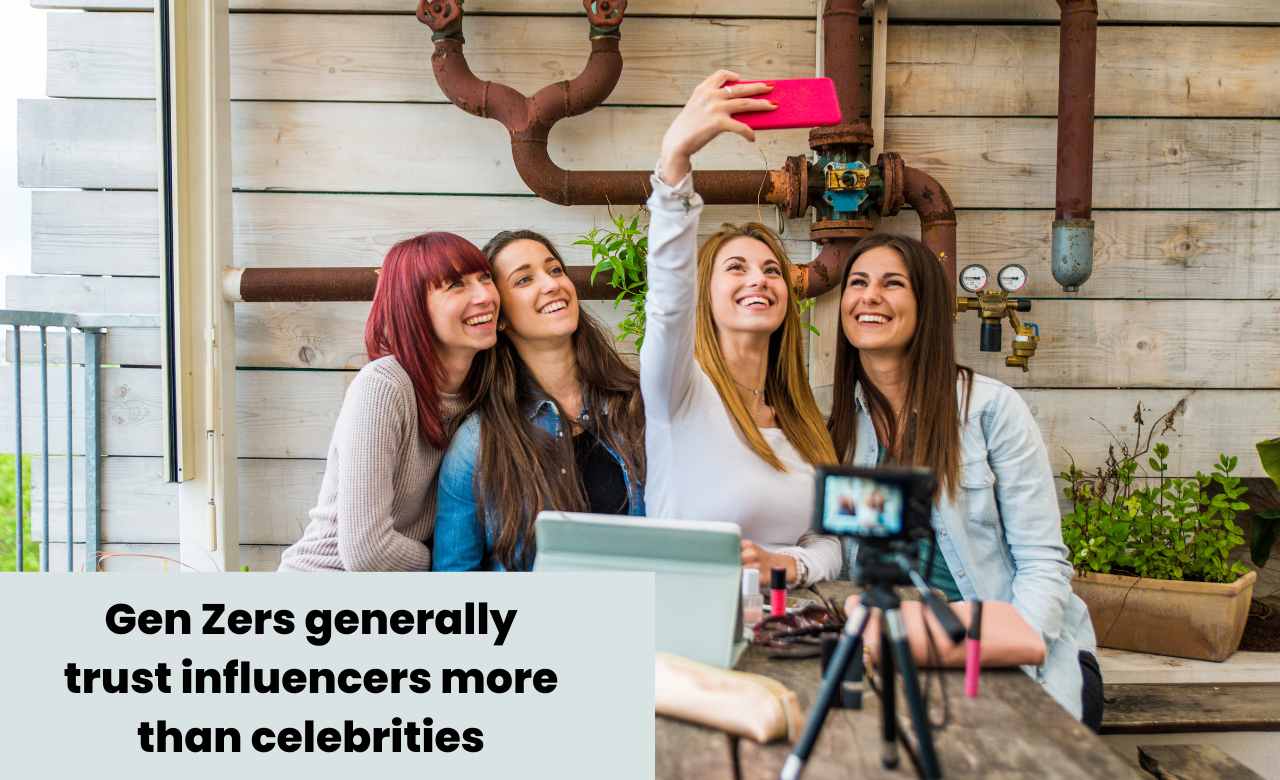
In the past, young people often influenced more by parents, schools, faith groups, or mentors to shape their values. Today, that influence is increasingly outsourced to social media — where the trendiest voices, often carry the least responsibility, carry the most weight.
Instead of measured guidance, teens now scroll through an endless stream of content telling them how to think, behave, and treat others. Some influencers offer inspiration and strength. Others peddle misogyny, manipulation, or violence disguised as confidence. Without a strong foundation of moral reasoning, it’s easy for impressionable minds to confuse influence with wisdom.
This isn’t just about “bad role models” — it’s about a vacuum. When we don’t help young people define who they are and what they stand for, someone else will. And not everyone has their best interests at heart.
The antidote isn’t censorship — it’s clarity. We must help teens develop their own compass — built on self-respect, empathy, critical thinking, and the courage to question what’s popular.
Project Ready – Mission Ready
This isn’t just about self-defence. It’s about equipping young people with the instinctive tools to protect themselves emotionally, physically, and psychologically. Through assertive communication, tactical thinking, situational awareness, and emotional control, our workshops and online WarriorUp course (including our DofE Skills Pathway) build the kind of readiness that lasts a lifetime.
If we can reach teens now — before the pressure, the predators, the peer coercion — we can raise a generation that doesn’t just survive chaos but disarms it. A generation that can recognise danger, manipulation, and abuse in all its forms — and shut it down before it escalates.
#MeToo gave people the courage to speak up.
#MeNow is about shifting from reaction to preparation.
From “This happened to me” to “I was ready when it mattered.”
Join the movement. Let’s build a safer, smarter, more resilient future — now.



